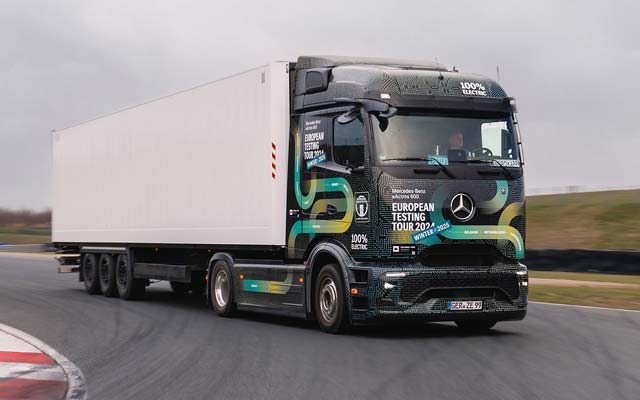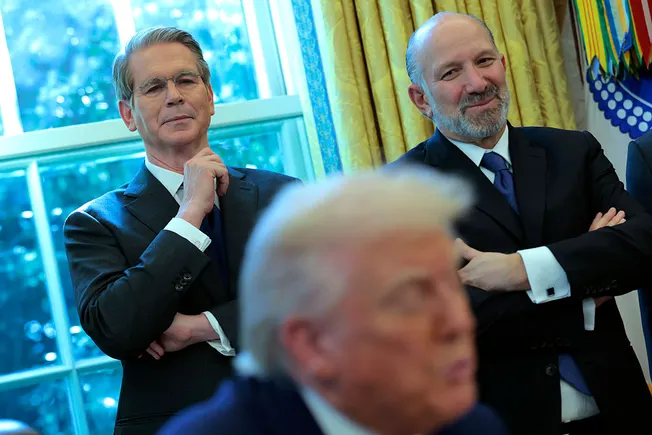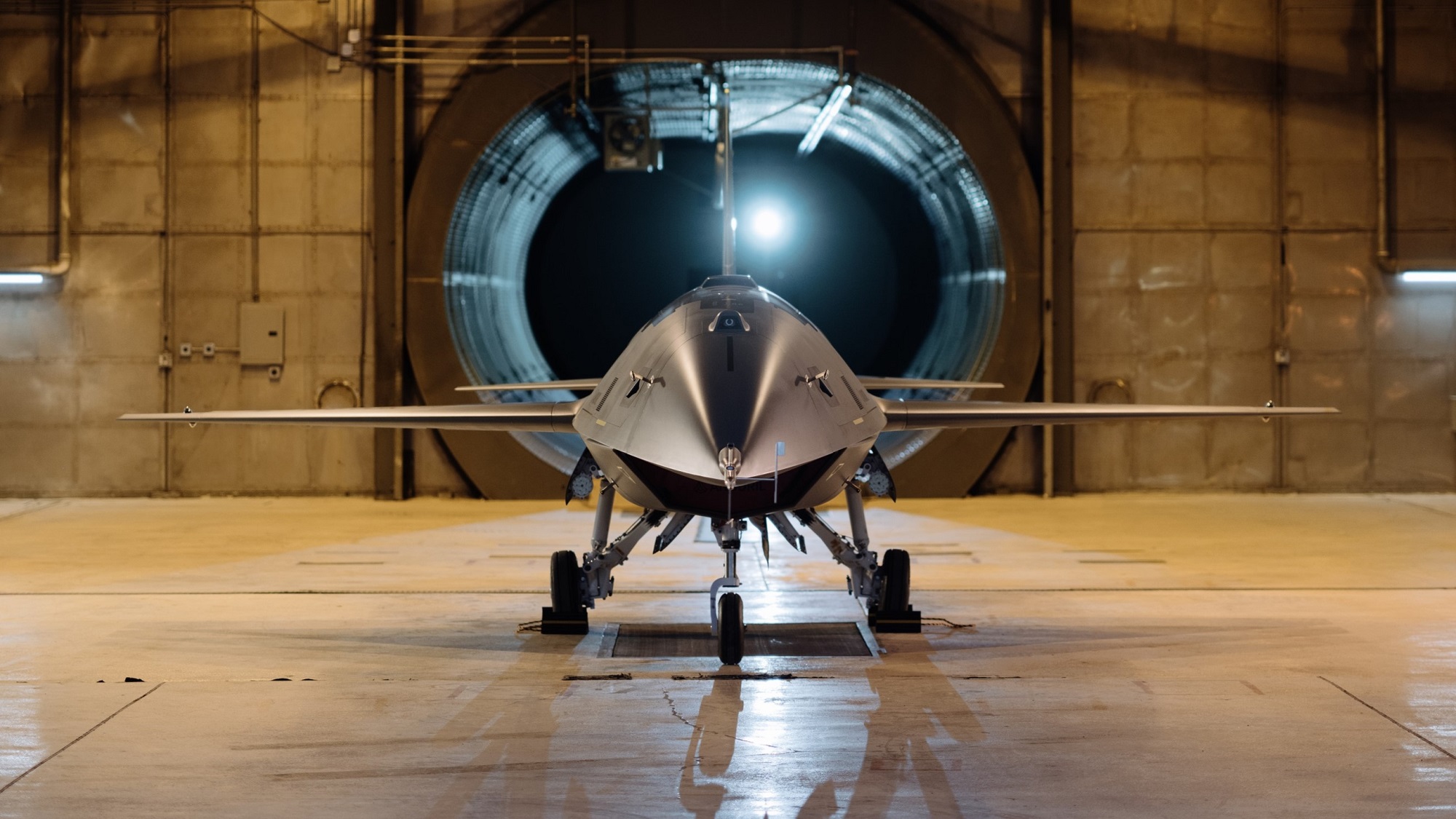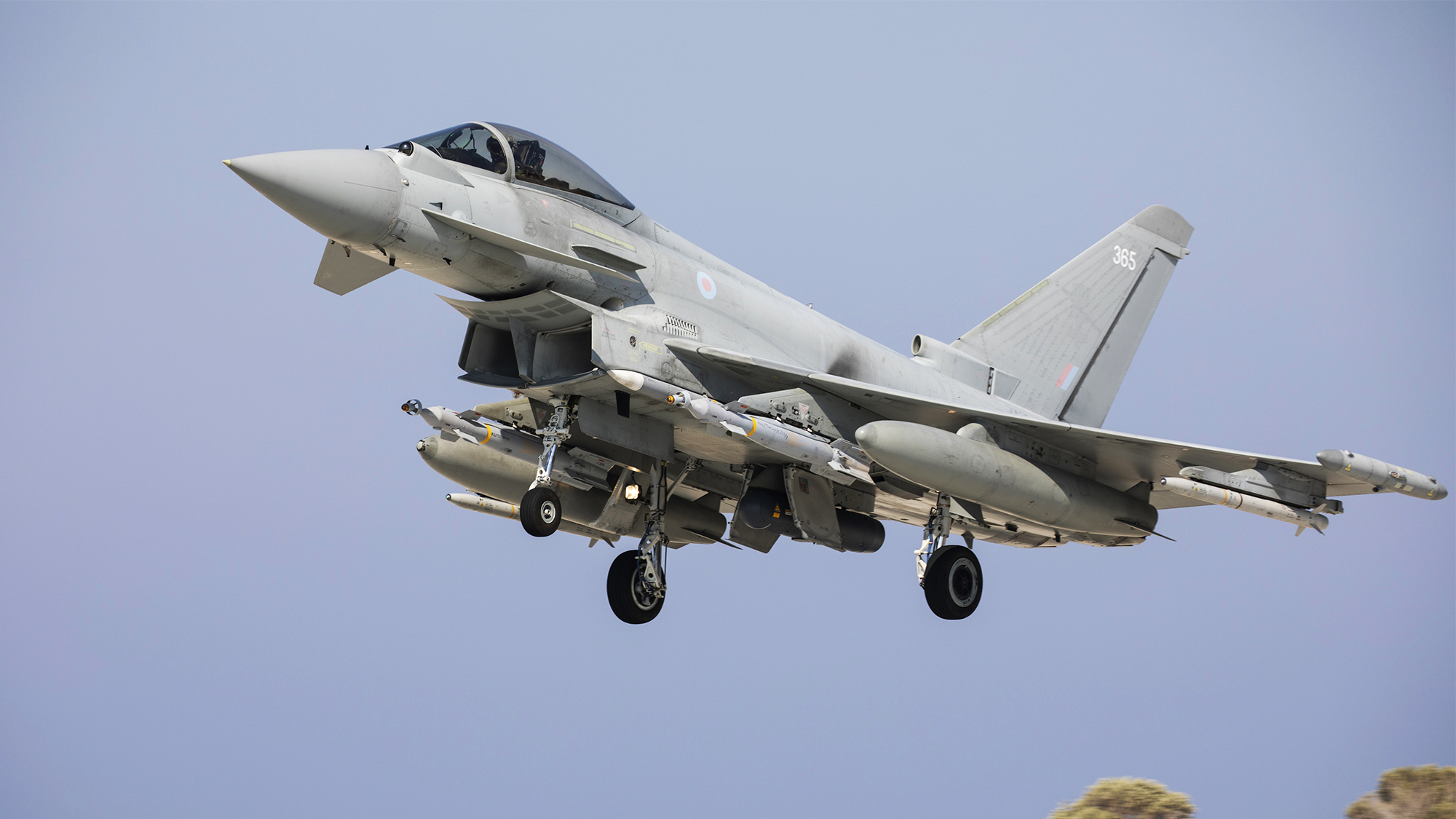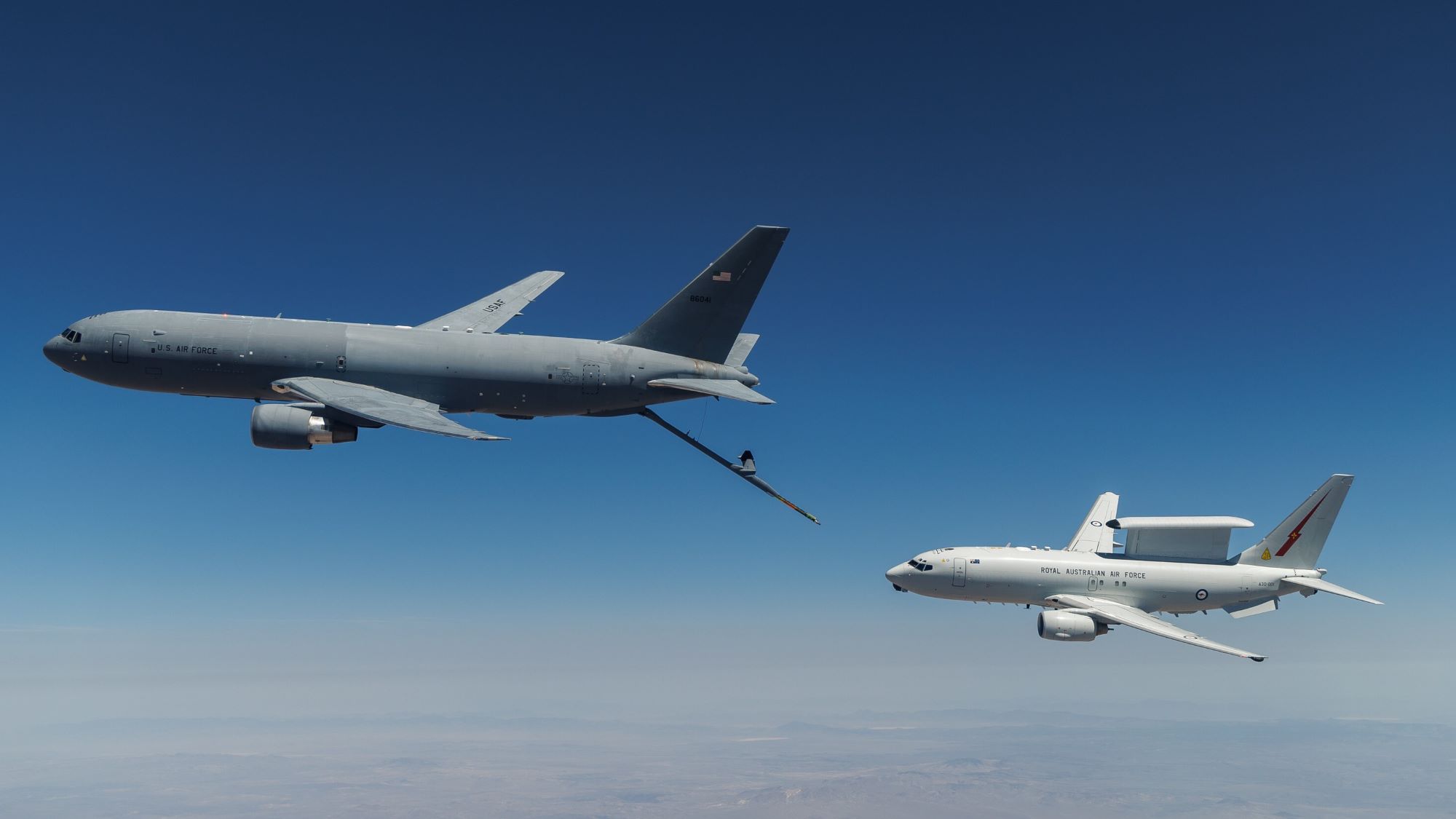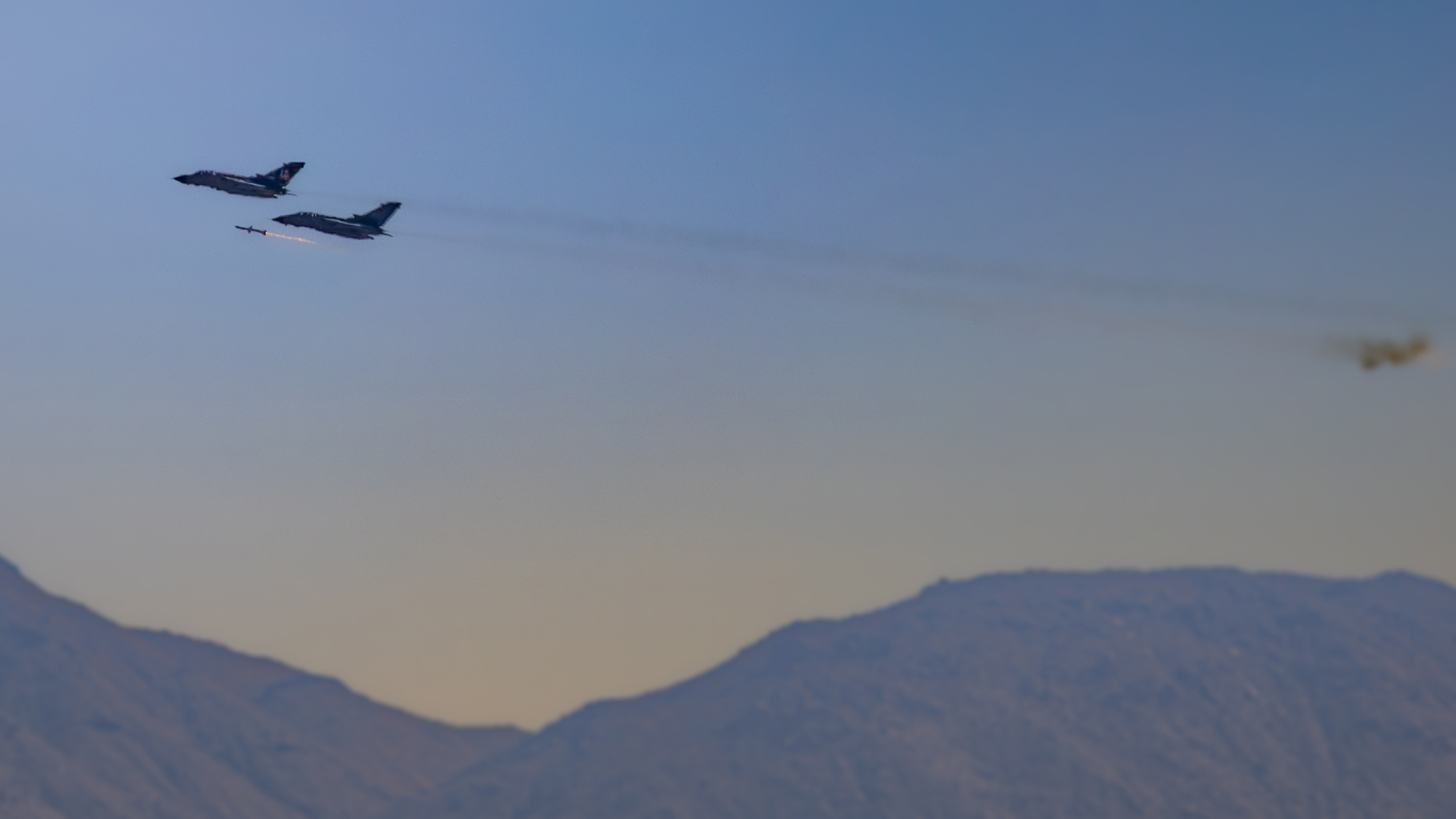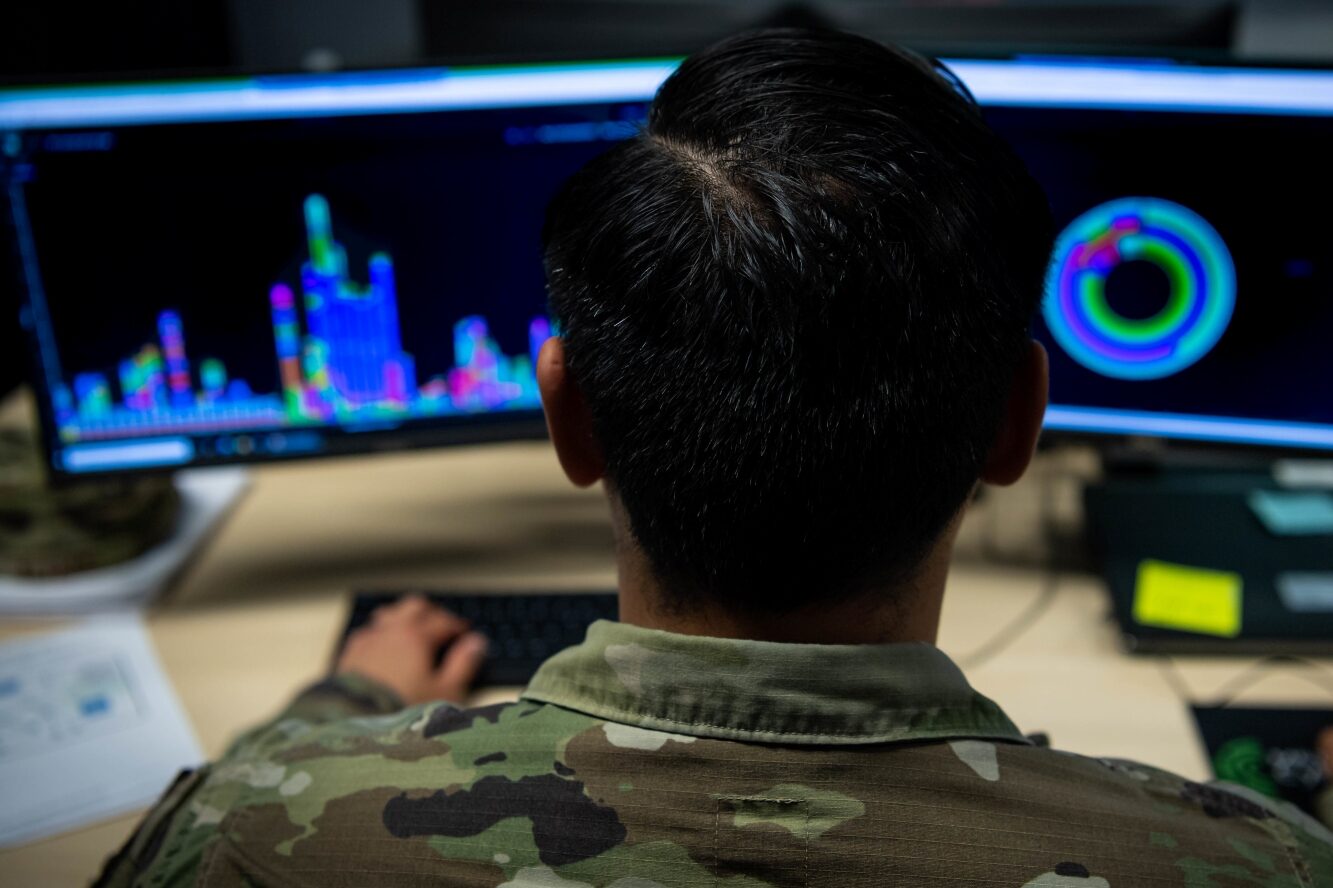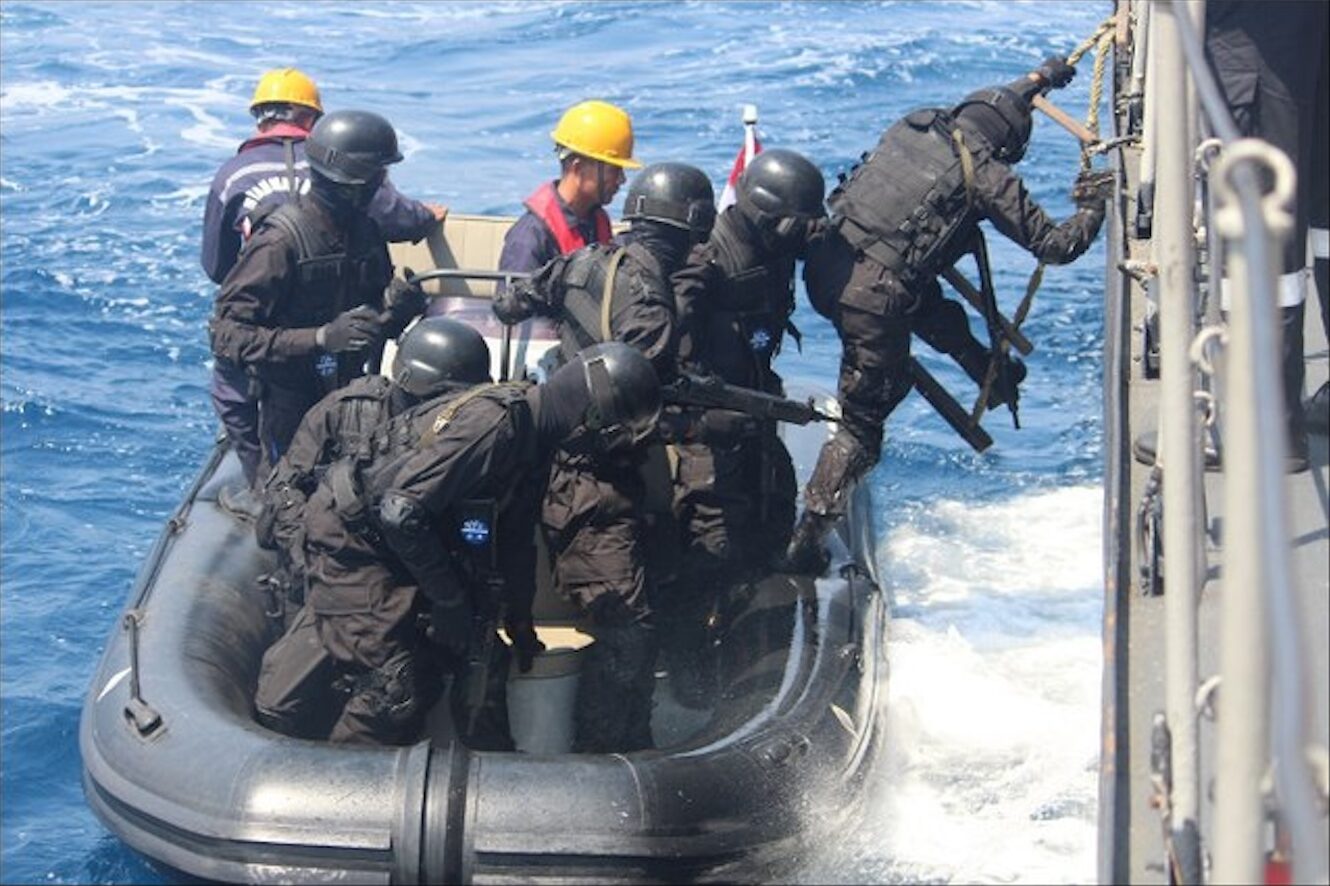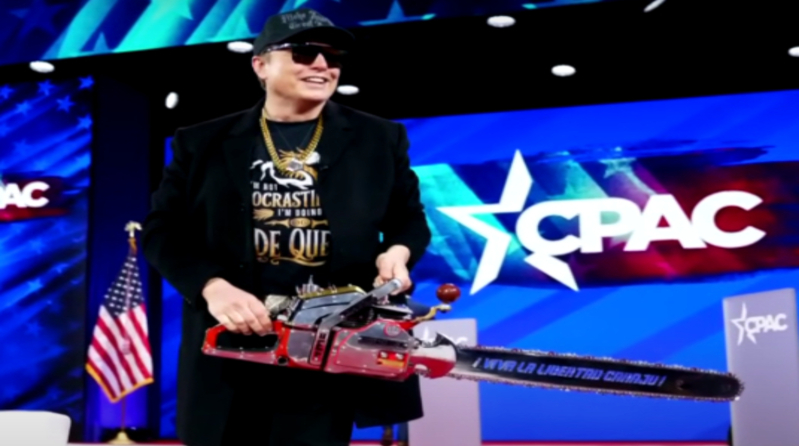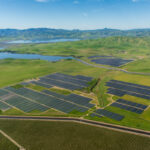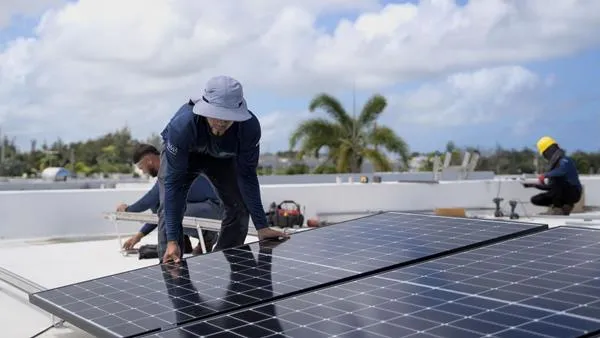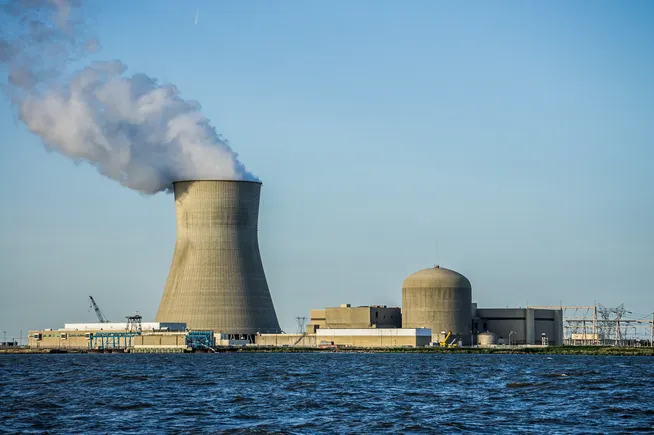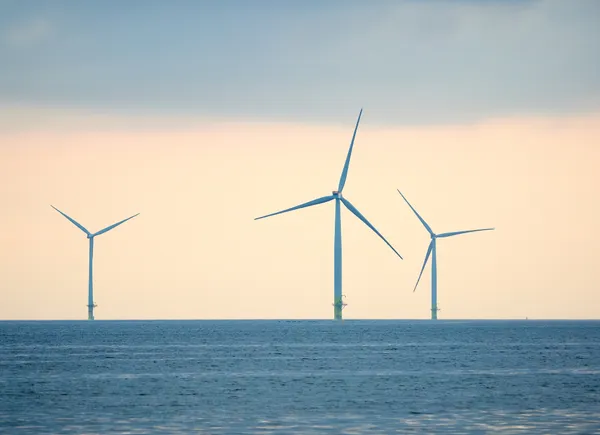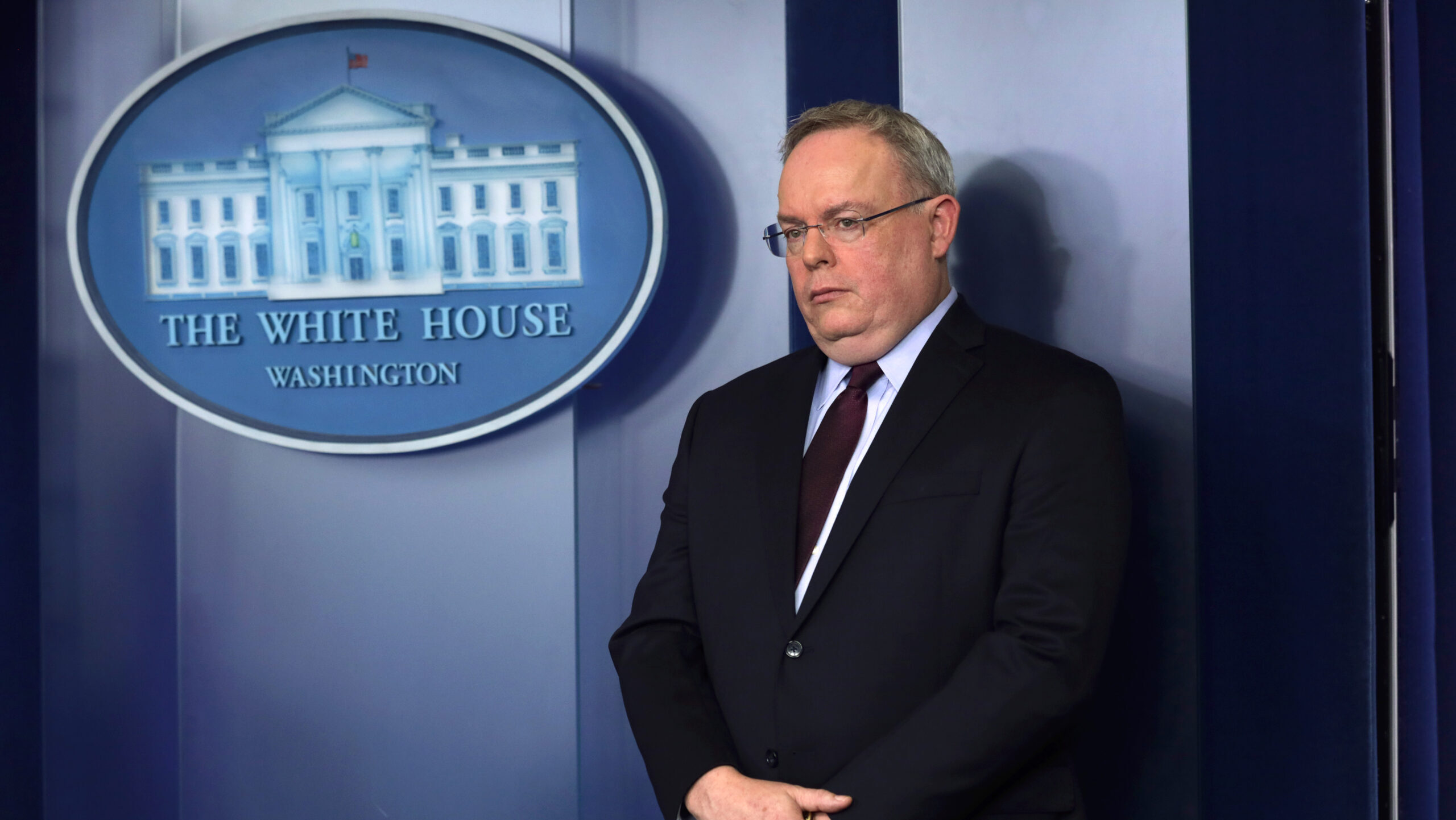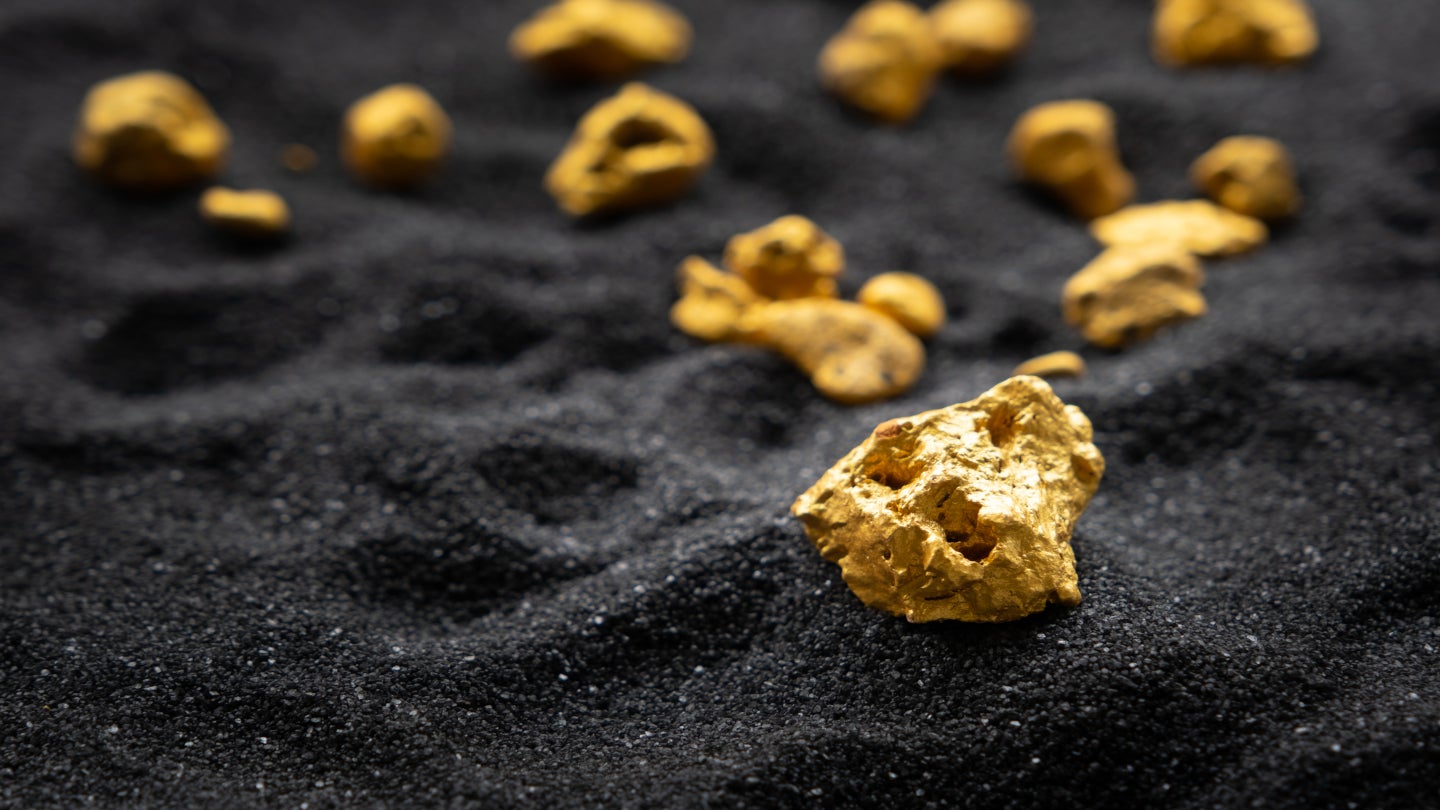As Australia heads to polls, changes in defense leadership and spending on table
“So I think this has been an extraordinarily underwhelming election campaign for many reasons, but when it comes to defense and national security the ball has not been moved forward at all throughout the course of the debates,” former Australian Maj. Gen. Mick Ryan said.


Prime Minister Anthony Albanese and Opposition Leader Peter Dutton attend the final leaders’ debate on April 27, 2025 in Sydney, Australia. Prime Minister Anthony Albanese and Opposition Leader Peter Dutton faced off again in their final head-to-head debate before the federal election takes place on May 3. (Photo by Lukas Coch-Pool/Getty Images)
SYDNEY — Australia’s federal elections, set for Saturday May 3, are forecast to be close, with most analysts calling a hung Parliament, one where the Labor Party will probably have to work with independents to get important legislation passed.
If projections hold, the bottom line for defense appears to be that spending is unlikely to increase beyond inflation and currency changes. As the $368 billion AUD AUKUS plan ramps up, it is likely to leave the Australian Defense Force’s conventional units facing increasingly tight budgets.
AUKUS is the $368 billion AUD plan by Australia, the US and UK to buy three to five Virginia-class submarines and pursue other advanced capabilities to counter China’s growing power.
The truth is, defense has simply not been a major driver in the election. A defense industry source who requested anonymity to speak openly, called out both Labor and the Liberals for doing far too little to educate the Australian public about defense.
“Neither party has spoken to the electorate in enough terms to talk about why defense matters,” the source said. “They just kind of assume that the public understand, and they don’t. I don’t think they’ve spoken enough about what you get for your money.”
Arguably, the biggest defense controversy to come up in the election was when news broke about Russia possibly basing strategic bombers in Indonesia, raising questions about whether the government knew what was happening. But Peter Dutton, defense minister in the last government and now leader of the Liberals, claimed incorrectly that Indonesia’s president had confirmed the information; the inaccurate claim became a major black eye and appears to have added to questions about Dutton’s lackluster campaigning.
Speaking at an event hosted this week by the Center for Strategic and International Studies (CSIS), a number of experts agreed that the election has not moved the public’s perception of defense, at a time when it needs to.
According to CSIS’s top Australian expert Charles Edel, “only a third of Australians currently support an increase to their defense budget,” a sign that the issue has not resonated with the public the way defense advocates feel it must.
Added Rory Medcalf, a fellow at the Center for Strategic and International Studies (CSIS) and head of the Australian National University’s National Security College, “I would just emphasize that neither of the major parties seems to be willing to talk openly about a radical shift in defense posture, a radical acceleration of defense capabilities, the question of what we do in addition to or apart from AUKUS.”
Mick Ryan, a former major general in the Australian Army who is a fellow with CSIS, told the panel that no party has discussed anything in the campaign that would change the view of most Australians that everything is fine with defense and security.
“So I think this has been an extraordinarily underwhelming election campaign for many reasons, but when it comes to defense and national security the ball has not been moved forward at all throughout the course of the debates,” Ryan told the panel. “And I think what this has done has set Australia up for some form of major strategic shock or failure by the end of this decade, and most likely to have the credibility of whoever wins this government on May 3 to be called out by the Trump administration.”
The Labor government is committed to spending roughly 2 percent of GDP on defense, with that rising to 2.3 percent over the next decade. The Liberal Party-led Coalition, seeking to return to power after its 2022 defeat, has committed to spending 2.5 percent of GDP within five years and 3 percent within 10 years.
Dutton has not identified where the money would come from to fund a much larger defense budget, though he has said his party will cancel a Labor tax cut. Dutton made the pledge a week ago as his party’s fortunes appeared to flag, with the majority of polls showing Labor the likely victor in the election and Dutton attracting increasingly critical comments for his personal performance.
Said Ryan of that pledge, “The promises to get to 2.5 percent of GDP are really pointless, because all that will do is keep up with inflation and changes in the exchange rate with the US, who is Australia’s major supplier of weapons. Three percent is the absolute necessary baseline if Australia is to have an AUKUS program and a conventional force. Anything less than 3 percent means it won’t be able to have both.”
There is some evidence that AUKUS is already straining the budget. A recent report by three of Australia’s top defense experts warned that AUKUS spending is already starting to eat into the budgets of the Army, Royal Australian Navy and Air Force.
“The spend, still seven years or so from the first Australian-flagged nuclear submarine, already has the submarine arm of the ADF [Australian Defence Forces] on its way to becoming a fourth service: this newcomer is outpacing the Army, Air Force and surface Navy in its spending, complexity and risk,” the report notes.
No matter who wins on Saturday, they face a new, complex challenge: how to manage Australia’s relationship with the United States as led by Donald Trump.
CSIS’s Edel noted that “one result of Trump’s more disruptive policies has seen a plummeting of public trust towards the U.S., with 64 percent of Australians saying in a recent poll that they have no or not very much trust in the U.S. to, quote, ‘act responsibly in the world.’”
He said those concerns about Trump “have been somewhat allayed by the Trump administration’s positive statements towards AUKUS, the Quad defense industrial collaboration, and partnership on critical minerals.” For instance, Defense Secretary Pete Hegseth publicly voiced support for AUKUS in early February, a rare vote of confidence for an international agreement from the Trump team.
But Ryan thinks the Australian electorate could get one major benefit should the Liberal coalition win: Dutton announced the commitment to develop a national security strategy the same day as he made the commitment to spending 3 percent of GDP on defense.
“It has been more than a decade since Australia had a National Security Strategy, and the world looks very different today than it did back then,” Dutton said in a statement. “It is past time we confronted our new strategic reality, and our Strategy will serve as a roadmap to guide the difficult decisions we will need to make to protect Australia’s interests in the years ahead.”
Ryan said he thinks Australia needs to have an “honest” public discussion about defense issues.
“I think one of the most interesting promises from the opposition is this promise to develop a national-security strategy. For those of you in the United States, you may be shocked to know Australia does not have a national-security strategy,” he said. “And I think this is a real shame, because a national-security strategy is not a document. It is an opportunity for a government to have an honest discussion with the Australian people, firstly about the true nature of the threats that our country faces, and then a debate on the resourcing required and the balance between domestic and international and foreign affairs priorities.”
Finally, there may be changes at the top of defense after the election even if the Labor party hangs on.
The industry source said Greg Moriarty, the Defense Department’s secretary, who runs defense day to day and advises ministers on their best courses of action, may depart within a few months of the election. In addition, there are rumors that Sen. Penny Wong, Australia’s foreign minister, may step aside.
A likely replacement, this source said, would be Marles, the current defense minister. That could open the way to Pat Conroy, the current defense industry minister and minister for the Pacific and international development, moving up the chain.






























